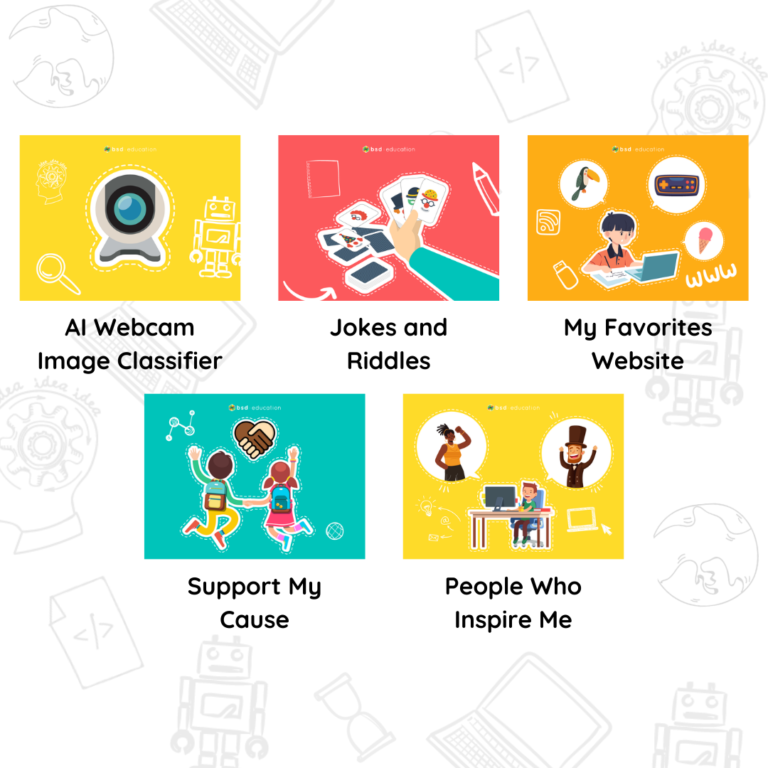This week we bring you a discussion by five education experts on using mobile phones in the classroom. The overall consensus is that experts don’t want to ban mobile phones in school because the advantages outweigh the disadvantages.
This discussion came about in June 2018 when the Minister for Education in New South Wales, Australia – Rob Stokes, ordered a review into mobile phone use in schools.
There are concerns about communication and the risk of cyberbullying, but they are outweighed by the positive benefits that mobile phones bring. There is also an opinion expressed that phones are necessary to access parents, while banning them might merely serve to make bullying more hidden.
Benefits include understanding the multitude of different ways to communicate we now use in the present day and the importance of the phone as part of the authenticity of real-world context in learning.
There is a lot of flexibility available to students to use their phones to progress at their own pace. However, it does seem clear that the benefits of mobile phones are best achieved when used with a clear purpose. Proper guidance in learning how to use mobile phones can positively impact their learning and overall well-being and life in general.
Some quotes from the article we particularly liked:
Matthew Kearney, an Associate Professor for the Teacher Education program at the University of Technology Sydney: “if school students want to investigate, collect data, receive personalized and immediate feedback, record media, create, compose, or communicate with peers, in and beyond the classroom, then using mobile apps is ideal.”
Joanne Orlando, a Technology and Learning researcher at the Western Sydney University, says, “We should not ban mobile phones in schools because it’s important to educate children to live well in the era in which they are growing up.”. She adds, “A good education for students today is knowing how to use technology to learn, communicate, and work with ideas.”
Susan M Sawyer, a Paediatrician and Professor of Adolescent Health at The University of Melbourne: “schools need to develop policies around the use of mobile phones during school hours. Given the dynamic nature of the mobile world, regularly engaging students and parents in reviewing and revising these policies is an important part of everyone’s learning.”
We encourage students to use mobile phones in the classroom to document their learning by taking notes, clicking photos, researching online, or testing the mobile compatibility and user experience of their recently coded projects. Students are most motivated when they fully understand the potential of technology and consequently feel empowered to use it impactfully.
Here are 40 ways to use mobile phones in your next classroom. Tweet us at @EducationBSD and share your stories, obstacles, and opinion on allowing mobile phones in your classroom.
Code Is: Your Voice
Try Code Is Your Voice today with 6 free coding projects to start building something different today!
Learn more

